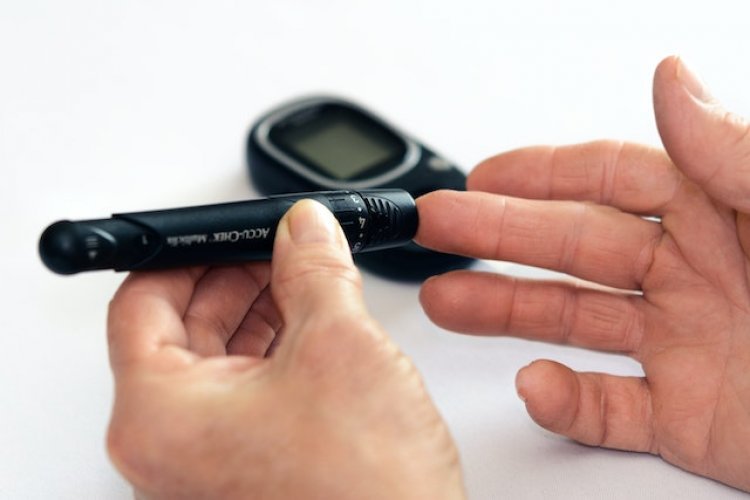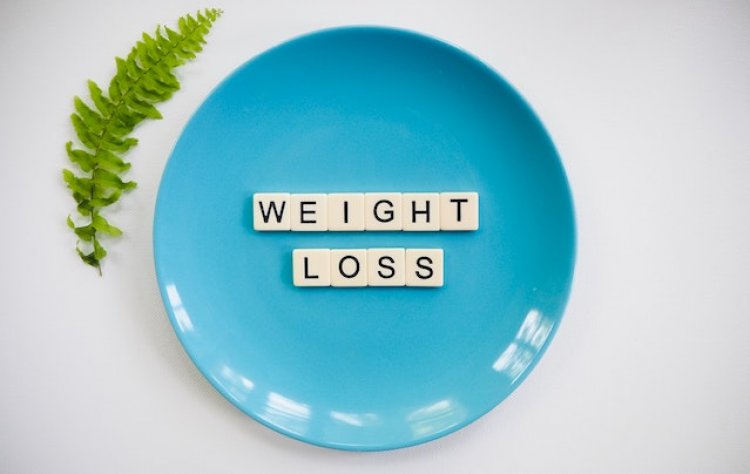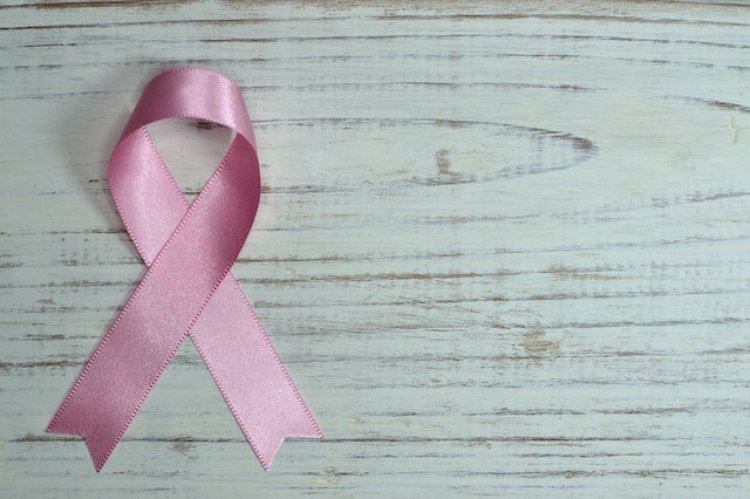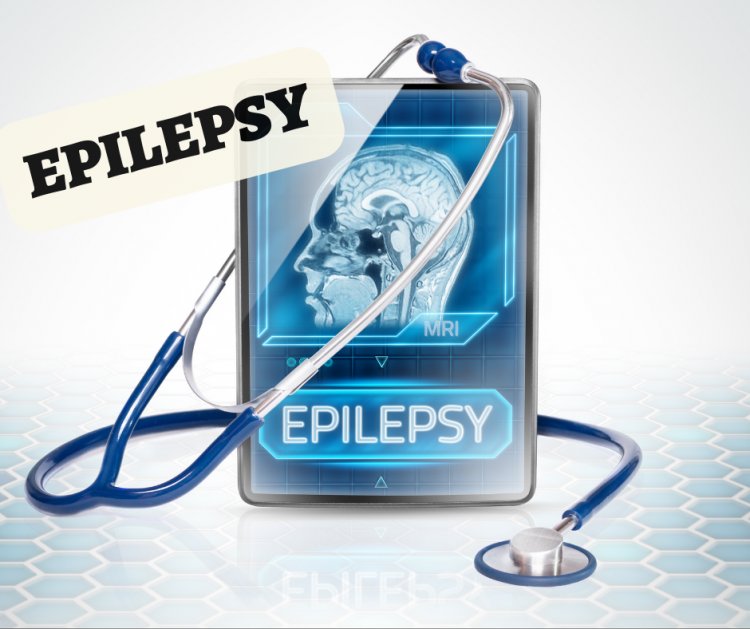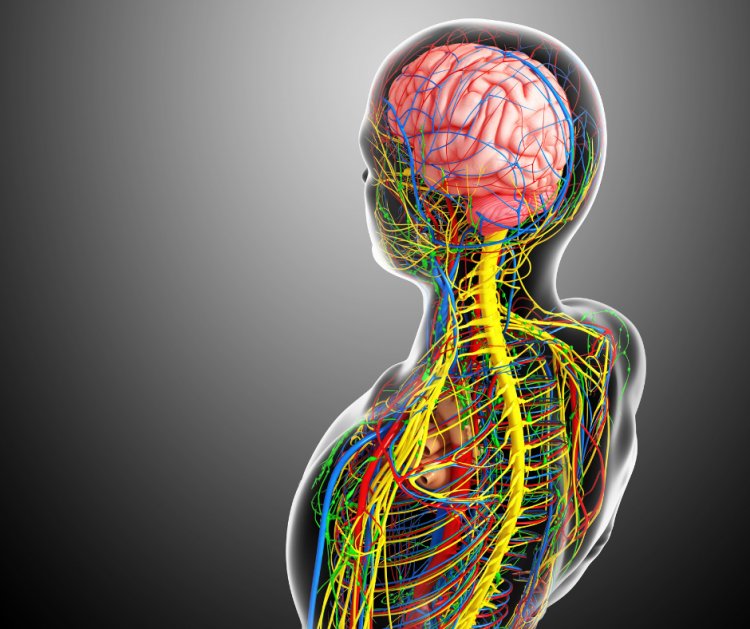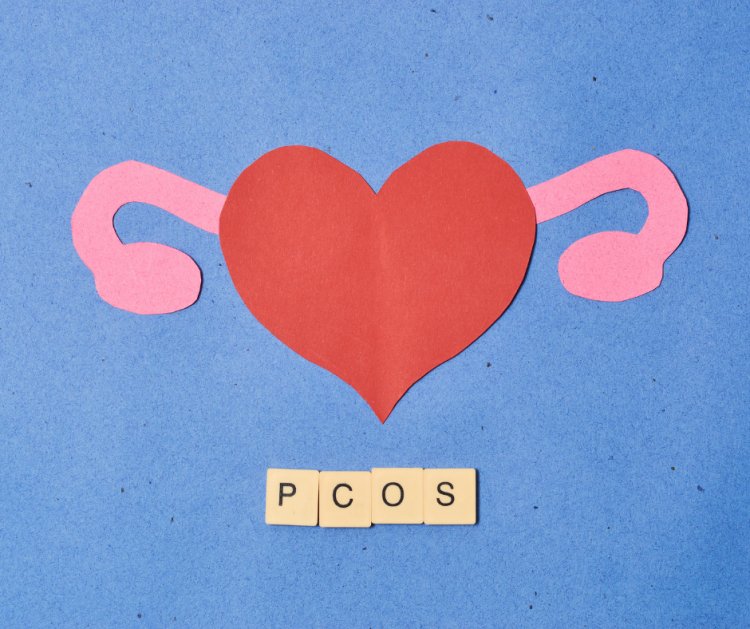What's a Ketogenic Diet? | What is a keto diet ?
KETO DIET Beginners Questions & Answer ,Keto Diet Beginner's Guide , How to Start a Keto Diet, Trying the Keto Diet, Keto Diet A Beginner's Guide , Diet Doctor

What's a Ketogenic Diet? | What is a Keto diet ?
What Is It?
A low-carb diet is known as a "ketogenic" diet (like the Atkins diet). You should consume less calories from carbohydrates and more from protein and fat. The easiest to digest carbohydrates, such as sugar, soda, pastries, and white bread, should be reduced the most.

How its works ?
When you eat less than 50 grams of carbs each day, your body eventually runs out of quick-burning fuel (blood sugar). This usually takes three to four days. Afterwards, you'll begin metabolizing protein and fat for energy, which could result in losing weight.
This is referred to as ketosis. It's necessary to keep in mind that the ketogenic diet is a transient eating plan with weight loss as its primary goal rather than health benefits.
Who Uses It?
A ketogenic diet is typically used for weight loss, but it can also aid in the management of medical conditions such asepilepsy.
Additionally, it may help patients with heart disease, some brain disorders, and even acne, although moreresearch is required in these areas. Consult with your doctor before attempting a ketogenic diet, particularly if you suffer from type 1 diabetes.
Weight Loss
In the first three to six months, a ketogenic diet may help you lose weight faster than traditional diets. This may be because the conversion of fat to energy requires more calories than that of carbohydrates.
It is also probable that a high-fat, high- protein diet makes you feel satiated for longer, causing you to eat less.
Cancer
Insulin is a hormone that regulates how your body uses and stores sugar. Ketogenic diets cause you to burn through this fuel quickly, eliminating the need to store it. This means your body requires — and produces — less insulin.
Lower levels may help prevent you from certain types of cancer or possibly inhibit the growth of cancer cells.
Heart Disease
It may seem weird that a diet high in fat can enhance "good" cholesterol while decreasing "bad" cholesterol, yet ketogenic diets have been related to just that.It might beWhen you eat this way, your insulin levels go down, which stops your body from making more cholesterol.
Because of this, your chances of getting heart diseases like heart failure, high blood pressure, and hardened arteries are lower. It's not clear, though, how long these effects will last.
Acne
Having fewer carbohydrates may be beneficial because they have been associated with this skin problem. A ketogenic diet's ability to cause an insulin dip may also help reduce acne by preventing outbreaks. (Insulin can trigger the production of other hormones that lead to breakouts.)
The specific impact of nutrition on acne, if any, needs to be determined through further study.
Diabetes
Compared to other diets, low-carb diets appear to help maintain lower and more consistent blood sugar levels. Nevertheless, when fat is used for energy, the body generates chemicals known as ketones.
You can become ill if your blood contains too many ketones if you have diabetes, especially type 1. Therefore, it's crucial to consult your doctor before making any dietary modifications.
Epilepsy
Since the 1920s, ketogenic diets have assisted in managing the seizures brought on by this illness. But once more, it'scrucial to see your doctor to determine what is best for you or your child.
Other Nervous System Disorders
These have an effect on the nerves connecting the spine and brain, as well as both. In addition to epilepsy, the ketogenic diet may be effective for Alzheimer's disease, Parkinson's disease, and sleep problems. Researchers are unsure of the specific mechanism, but it's likely that the ketones your body generates when it consumes fat for energy can protect brain cells from damage.
Polycystic Ovary Syndrome
When a woman's ovaries grow larger than normal, tiny fluid-filled sacs form around the eggs.lt can be caused by higher levels of insulin. In combination with other lifestyle modifications such as exercise and weight loss, ketogenic diets, which reduce both the amount of insulin you produce and the amount you require, may be used to treat type 2 diabetes.
Exercise
A ketogenic diet may benefit endurance athletes, such as runners and cyclists, during training. It improves your muscle-to- fat ratio and increases the amount of oxygen your body can use when doing out. However, it may not be as helpful for peak performance as other diets. The most prevalent are usually not serious: You may experience constipation, slight hypoglycemia, or indigestion. Low-carb
diets can cause kidney stones or high amounts of acid in your body much less frequently (acidosis). Other potential adverse effects include "keto flu," which can cause headaches, weakness, and irritability, as well as poor breath and exhaustion.
Diet With Care
When your body uses fat reserves, it can be taxing on your kidneys. And adopting a ketogenic diet — or returning to a normal diet afterward — can be difficult if you're obese due to other health conditions, such as diabetes, a heart ailment, or high blood pressure. If you have any of these conditions, make diet changes with your doctor's OK.


